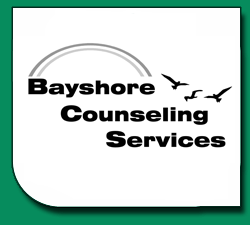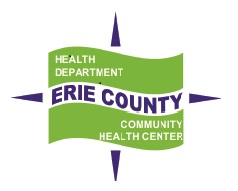Q: What is mental illness?
A. Mental illness, also known as mental health disorders, encompasses a broad range of conditions that affect mood, thinking, and behavior. Examples include depression, anxiety disorders, schizophrenia, eating disorders, and addictive behaviors.
Q: What are the symptoms of mental illness?
A. The symptoms of mental illness can vary widely depending on the specific condition, but common signs include apathy, sleep or appetite changes, mood changes, withdrawal from social activities, a drop in functioning, problems with thinking, increased sensitivity, feeling disconnected, illogical thinking, nervousness, unusual behavior, and changes in school or work performance.
Q: How can I help a loved one who may be suffering from a mental illness?
A: Supporting someone with a mental illness involves crucial steps: educating yourself about the condition, avoiding blame, and demonstrating compassion. It's essential to understand that you're not responsible for their illness, nor can you cure it, but your support can significantly impact their journey to recovery. Learn about the illness to debunk misconceptions and provide effective support. Seek guidance from trustworthy books and organizations. Maintain open communication with your loved one, be attentive to their experiences, and ensure you also care for your own mental well-being.
Q: What should I do if I am concerned about the mental, behavioral, or emotional symptoms in my child?
A: If you're worried about mental, behavioral, or emotional symptoms in your child, it's crucial to monitor and record specific behaviors or symptoms that raise concerns. Seek advice from a healthcare professional who can conduct a thorough assessment of your child's health. Prompt intervention is key, and a specialist can advise on the necessary measures, which might involve therapy, counseling, or additional treatments.
Q: How do I know if my child's problems are serious?
A: Not all problems should raise alarm. Everyday stressors can cause shifts in a child's behavior. For example, the introduction of a new sibling may result in a child temporarily regressing in behavior. It's vital to differentiate between normal behavioral fluctuations and those indicative of deeper issues. Behaviors that merit attention include:
- Challenges across different settings, such as at school, home, or with peers.
- Changes in eating or sleeping habits.
- Withdrawal from social interactions or newfound fears of previously non-threatening situations.
- Regression to behaviors more common in younger children, like persistent bed-wetting.
- Signs of distress, such as ongoing sadness or frequent crying.
- Tendencies toward self-harm, like head-banging, or a pattern of accidents.
- Continuous thoughts of death.
Q: Can people with mental illnesses recover?
A: Recovery from mental illness involves a journey that starts with diagnosis and progresses towards effective management of the disorder. The majority of people diagnosed with a mental health issue can experience symptom relief and lead fulfilling lives by engaging in a tailored treatment program, which might encompass medication, psychotherapy, and support groups. Lifestyle elements like a nutritious diet, consistent exercise, and sufficient sleep also play a crucial role in mental well-being. Participation in significant social activities and volunteering can additionally bolster recovery and enhance overall health.
Q: Is depression in older adults just part of aging?
A: Depression is frequently encountered in older adults, yet it is not a normal aspect of aging. Research shows that the majority of older adults are satisfied with their lives, even though they may have more physical ailments or illnesses than younger individuals. Clinical depression, a severe mood disorder, impacts emotions, behaviors, and cognition, necessitating treatment akin to any other health condition.
If you or someone you know is suffering from a mental illness, please reach out to the:
24-hour crisis support available by calling 988 or texting "4hope" to 741741.
The following Erie County Providers can help -
 Bayshore Counseling Services
Bayshore Counseling Services (419) 626-9156
 Erie County Health Department
Erie County Health Department (567) 867-5174
 Firelands, Counseling & Recovery Services
Firelands, Counseling & Recovery Services (419) 557-5177

NAMI, Erie
(419)370-6352